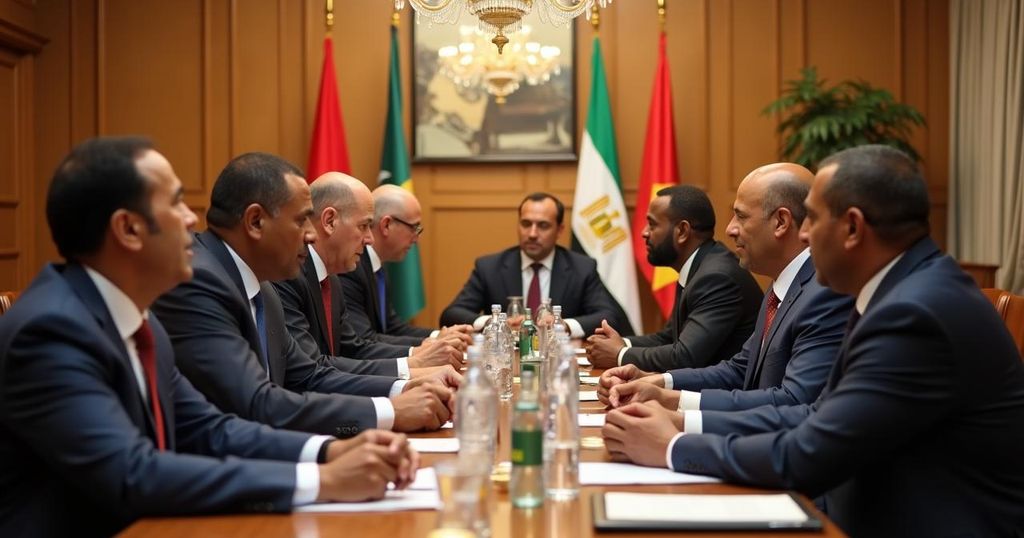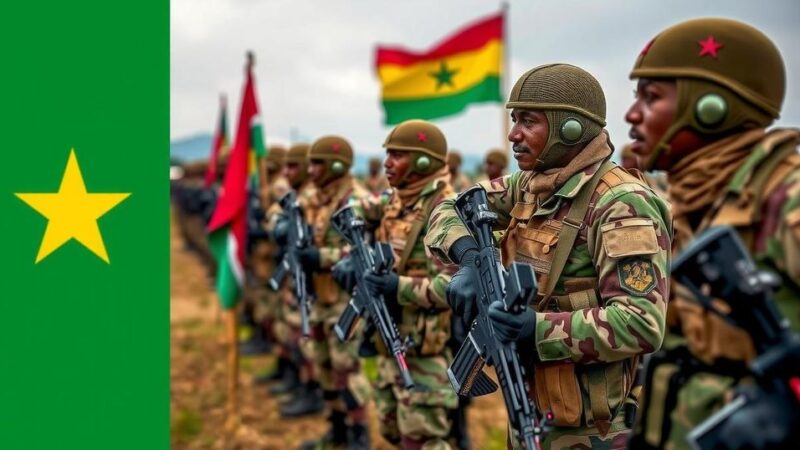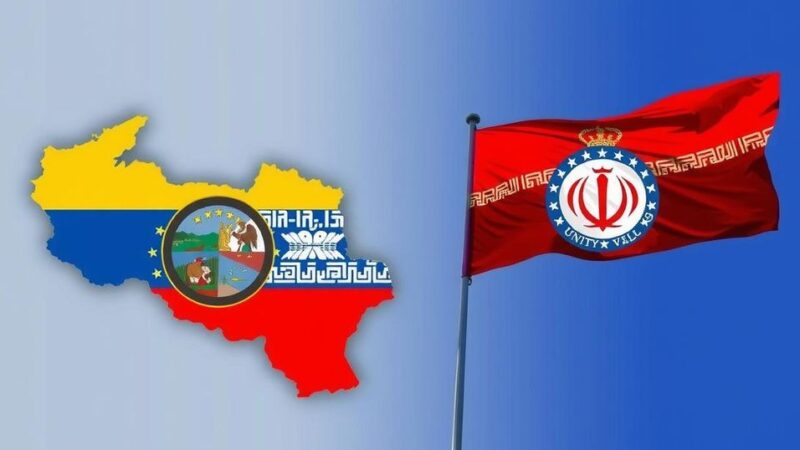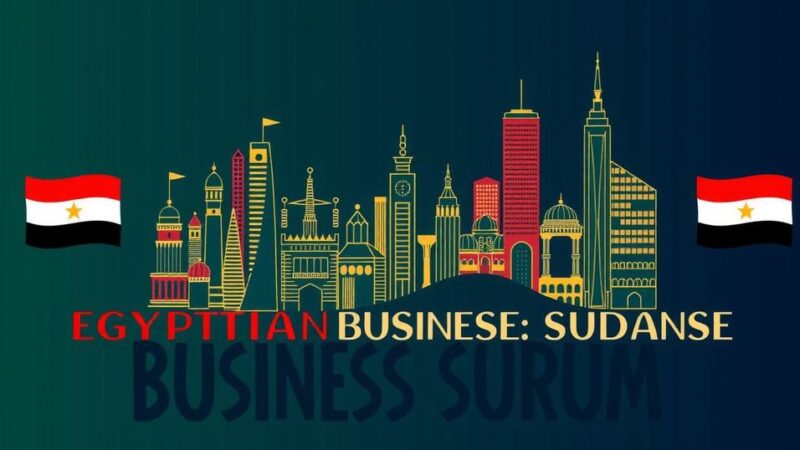Egypt is moving to establish a new security alliance with Somalia and Eritrea, potentially escalating tensions in the Horn of Africa. This initiative, involving discussions among leaders, underscores mutual security concerns regarding Ethiopia, particularly following Ethiopia’s controversial actions in Somaliland. The alliance promises greater regional cooperation but raises alarms over arms management and militancy risks.
Egypt is actively working to forge a new security alliance with Somalia and Eritrea, which may heighten existing tensions in the Horn of Africa. Recently, Egyptian President Abdel Fattah al-Sisi traveled to Asmara, Eritrea, where he engaged in trilateral discussions with Somali President Hassan Sheikh Mohamud and Eritrean leader Isaias Afwerki. The focus of these talks revolved around strengthening bilateral relations and ensuring stability in the Horn of Africa and the Red Sea, which was accompanied by a commitment to convene a tripartite summit. President Mohamud and President Afwerki had substantive bilateral discussions prior to al-Sisi’s arrival, wherein they prioritized cooperation in the face of shared regional challenges, particularly with regards to safeguarding their territorial integrity against Ethiopia. The Eritrean Ministry of Information reported: “The two leaders underscored the imperative of further bolstering the bilateral cooperation of the two sisterly countries in the heavy tasks of the maintenance of the sovereignty, territorial integrity, independence, and unity of Somalia.” Both Somalia and Eritrea have found common cause against perceived threats from Ethiopia, particularly following Ethiopia’s controversial Memorandum of Understanding with the region of Somaliland, which offered Ethiopia a strategic maritime position in exchange for recognition of Somaliland’s independence. Somalia’s leadership has consistently voiced grievances against Ethiopia at international forums, accusing it of military incursions and arms trafficking within its borders, and has since sought to expel Ethiopian troops operating under the African Union frameworks. In response, Ethiopia has raised alarms regarding Egypt’s military support for Somalia, suggesting that the potentially lax arms management could enable militant groups, such as al-Shabaab, to gain access to sophisticated weaponry. The establishment of this tripartite alliance poses varying implications for each nation. For Somalia, it presents a bolstered sense of security against Ethiopia, which has increasingly been viewed as a menace. Egypt sees this partnership as a strategic maneuver to enhance its security in the Red Sea and to diplomatically isolate Ethiopia, particularly in light of ongoing disputes regarding the Grand Ethiopian Renaissance Dam (GERD), which threatens Egypt’s historical water rights. Simultaneously, Eritrea stands to gain a strategic foothold against Ethiopia, amid its historical conflicts with its neighbor. On a broader scale, Egypt’s efforts signify not only a shift in alliances within the Horn of Africa but also the potential for diminishing the prospects of dialogue that had previously been fostered by external mediators such as Turkey. As Egypt actively engages with African diplomatic bodies regarding its regional policies, its reliance on secure maritime transport through the Red Sea remains critical, especially given existing threats from non-state actors and the increasing militarization of the region by Ethiopia. Notably, the historical dynamics among Ethiopia, Somalia, and Eritrea, which once hinted at a collaborative Horn of Africa alliance, are now framed by exclusionary tactics that could alter regional security architectures considerably.
The geopolitical landscape of the Horn of Africa has been increasingly complex, driven by historical tensions and strategic interests among Ethiopia, Somalia, and Eritrea. Ethiopia’s significant role in regional stability, historically enhanced by its military presence in Somalia under the auspices of the African Union, has been called into question by Somalia’s recent maneuvers to exclude Addis Ababa from security arrangements. The signing of the Memorandum of Understanding by Ethiopia with Somaliland in January 2023 further intensified these tensions. The ongoing disputes over territorial integrity and resource control, particularly water rights related to the Nile River and the GERD, signify the fraught relationships that currently define the region. In this context, Egypt’s outreach to Somalia and Eritrea appears aimed at countering Ethiopian influence and reinforcing its own security concerns in the strategic arena of the Red Sea.
In summary, Egypt’s initiative to build a security alliance with Somalia and Eritrea underscores a significant shift in the geopolitical dynamics of the Horn of Africa. This alliance is likely to strengthen security collaborations among the three nations while further isolating Ethiopia amid ongoing territorial and resource disputes. With the volatility surrounding these national relationships, the potential for conflict escalation remains high, particularly if underlying grievances continue to fester without constructive diplomatic engagement. The evolving situation poses significant risks not only for the immediate countries involved but also for the broader regional stability.
Original Source: nation.africa






